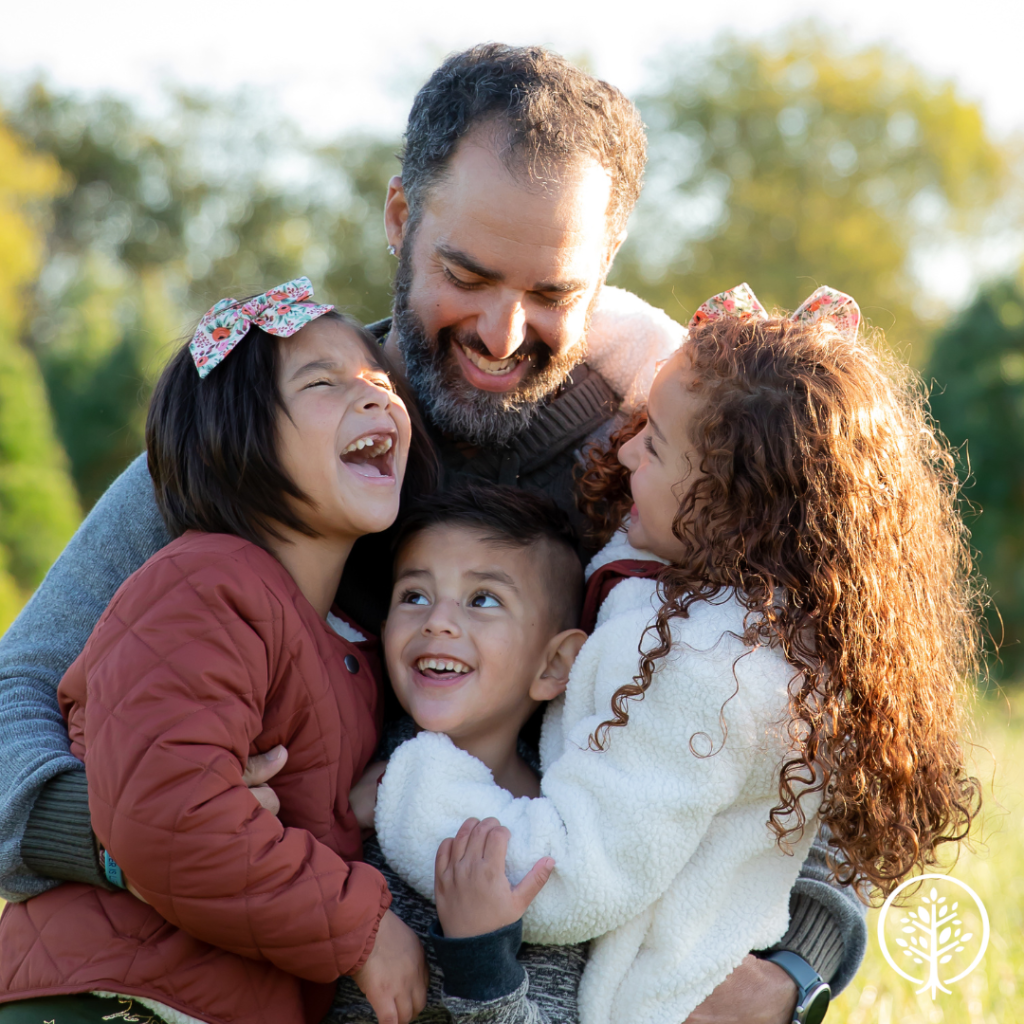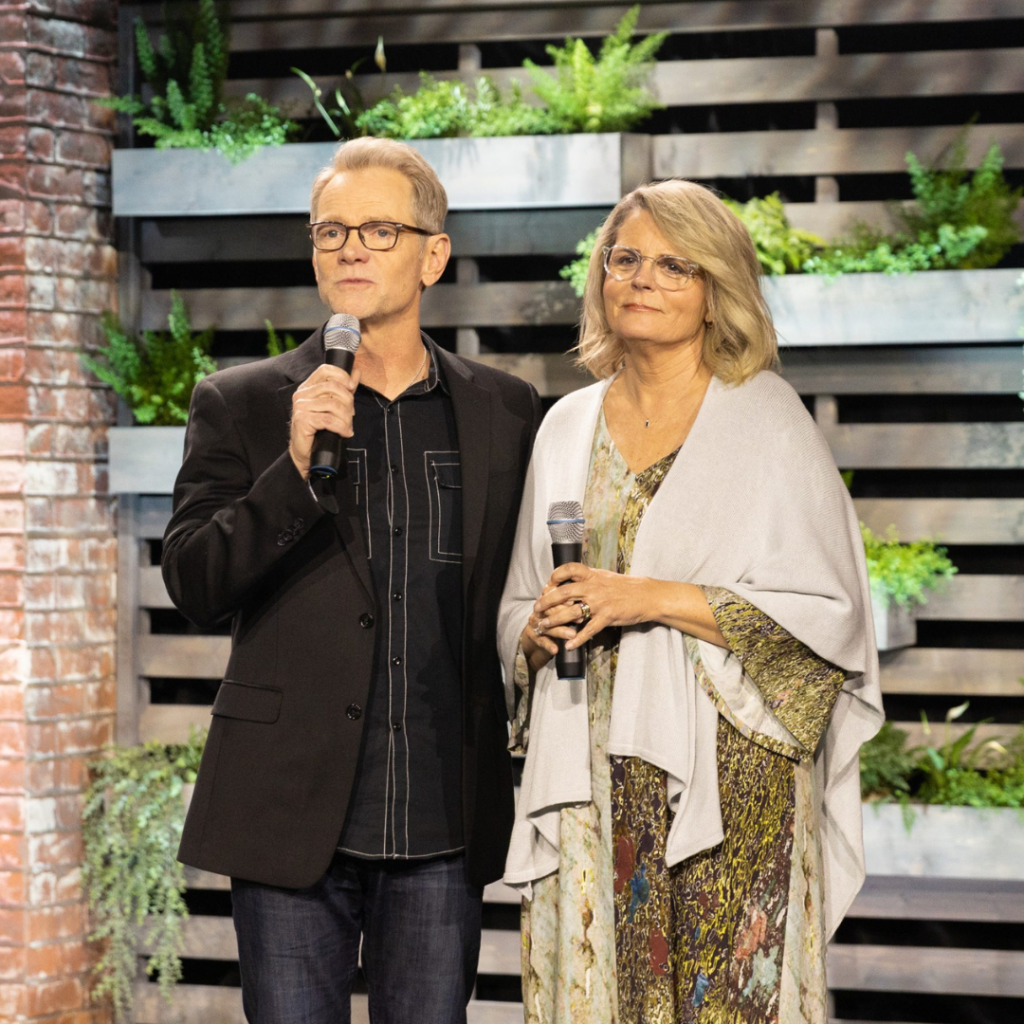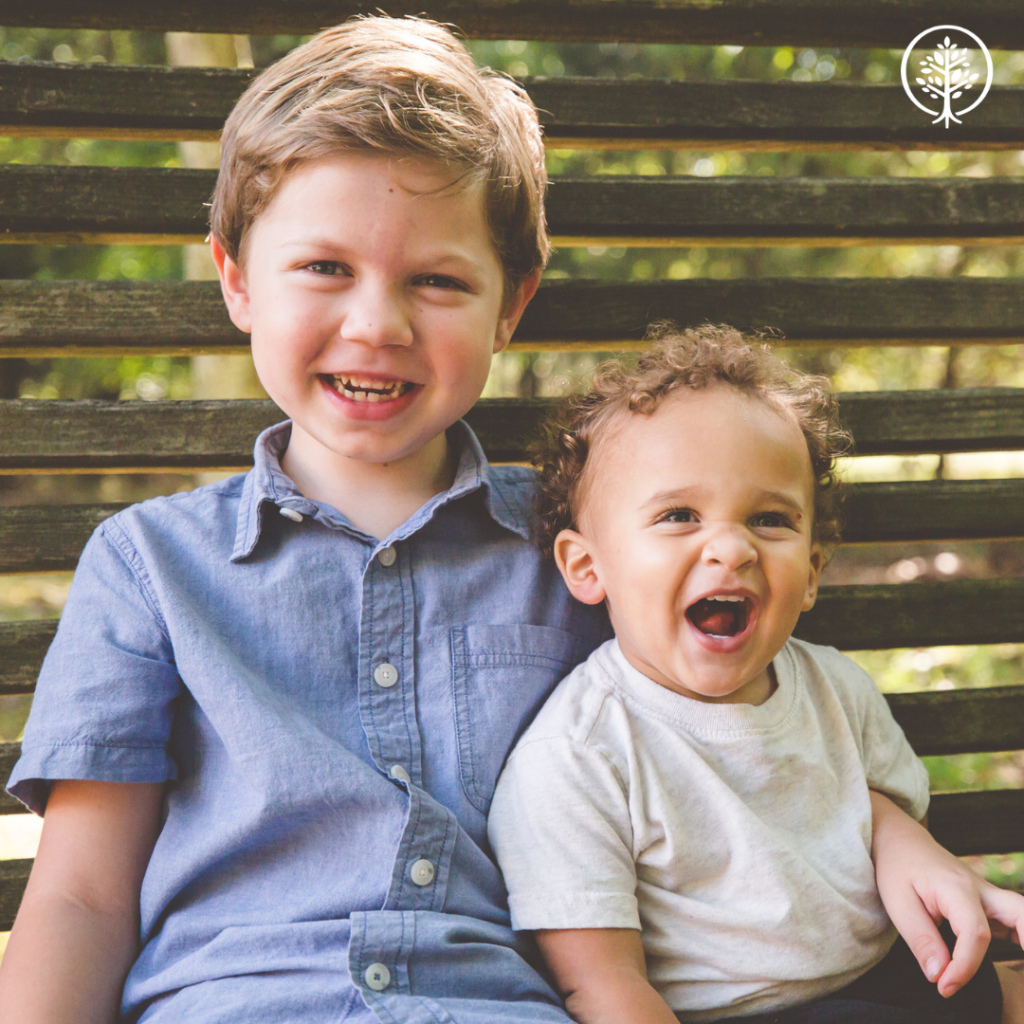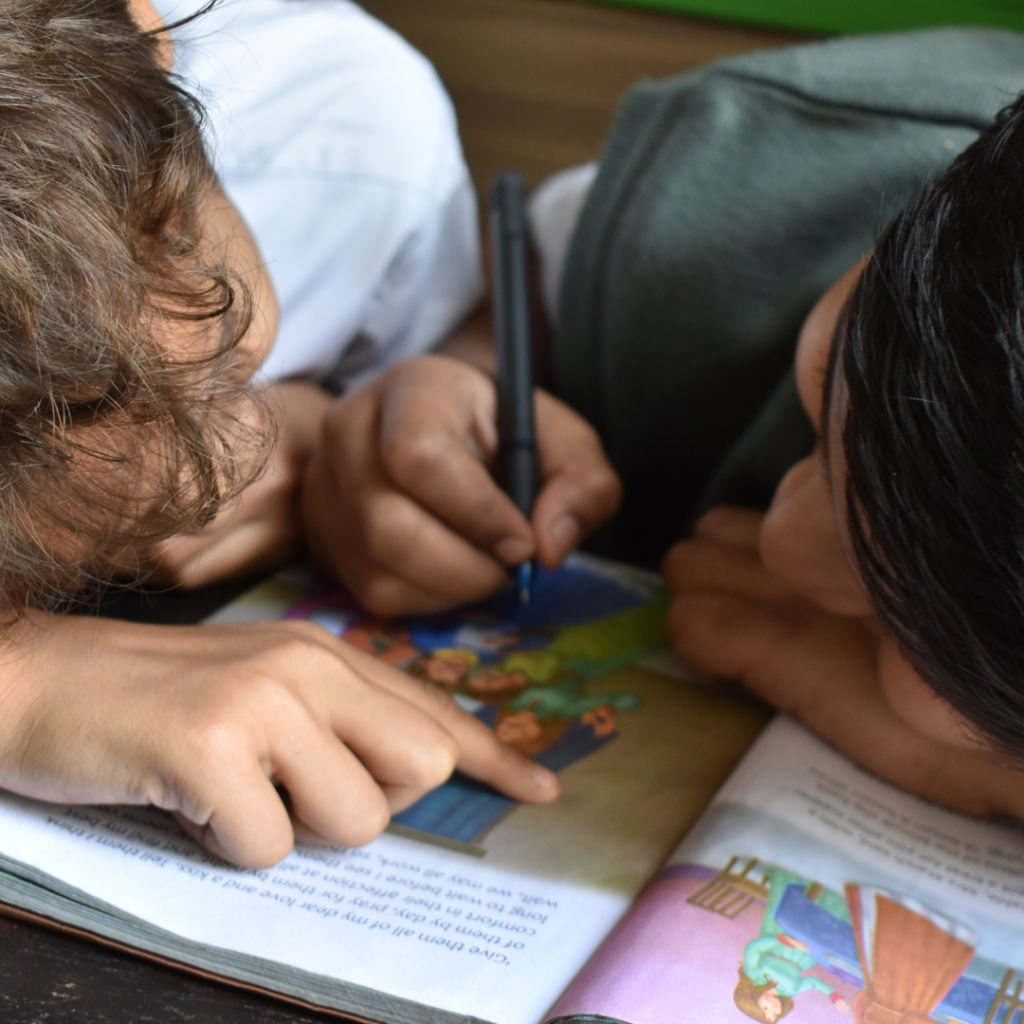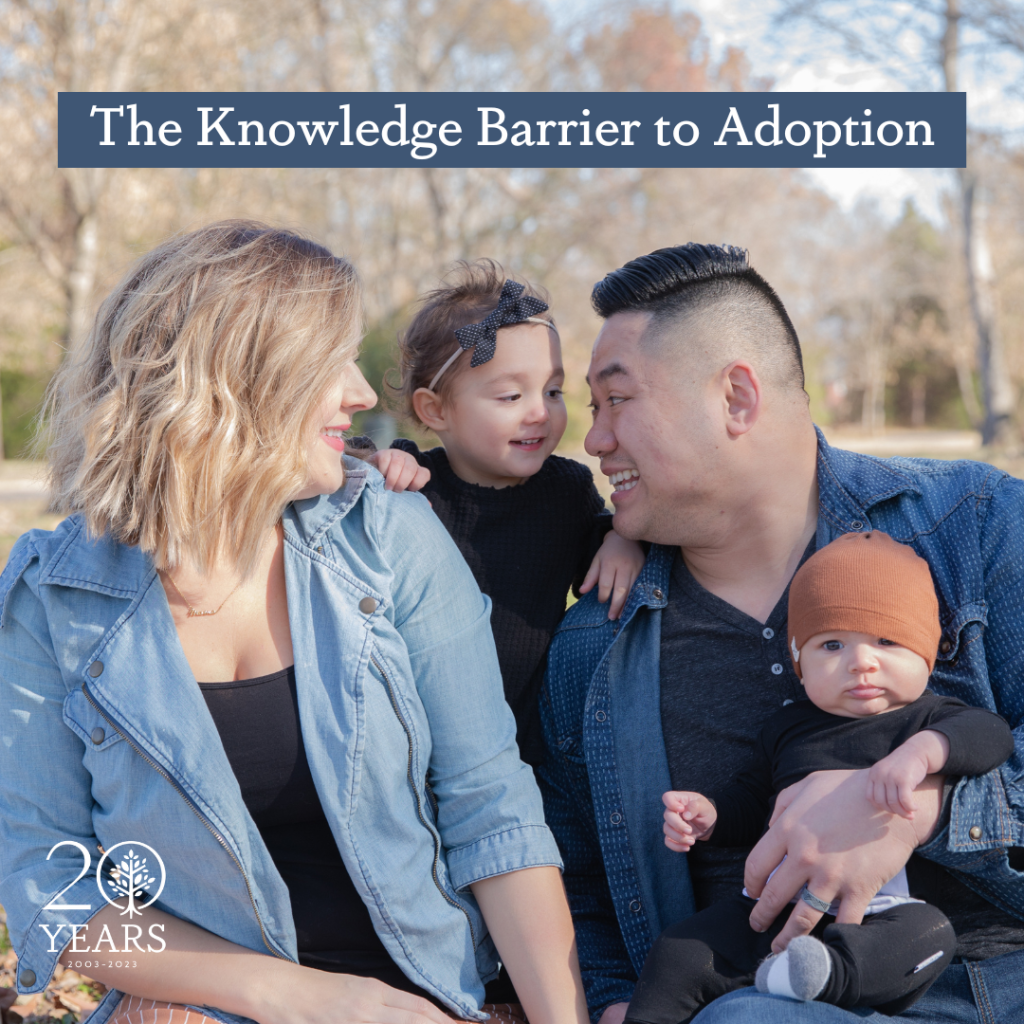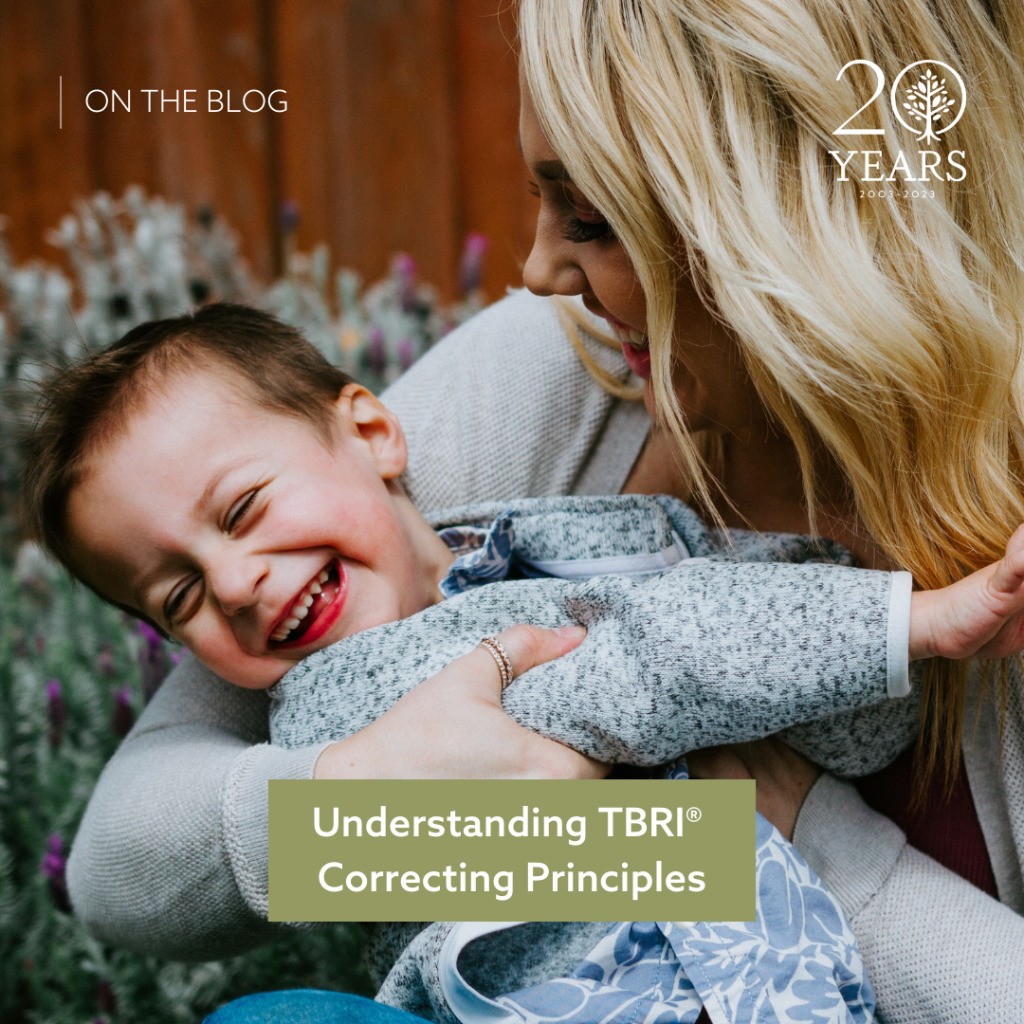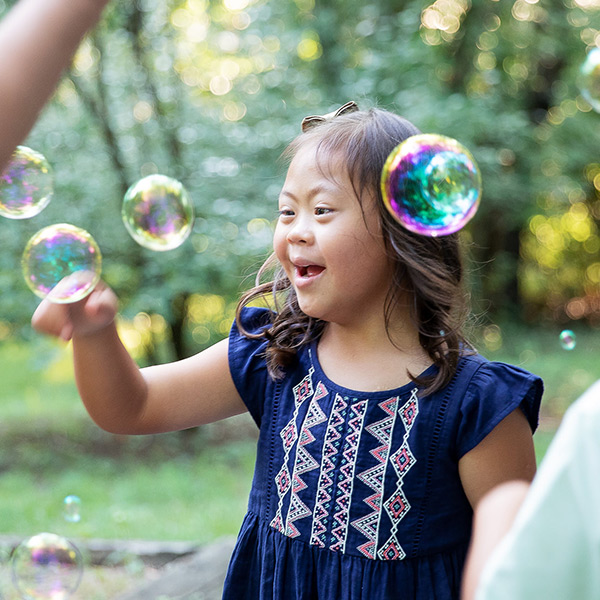Hope for the Journey
2025 Hope for the Journey Schedule
An integral resource within Show Hope’s Pre+Post Adoption Support work, Hope for the Journey is a fully customizable platform, based on your unique needs and includes the following. + 5 teaching sessions based on the fundamentals of Trust-Based Relational Intervention® (TBRI®), led by seasoned educators, practitioners, and professionals, as outlined below + 5 “Going Deeper”…
Read MoreHope for the Journey Hosts and Teaching Session Speakers
For 15 years, Show Hope’s Hope for the Journey has impacted more than 155,000 parents, caregivers, church leaders, and professionals with much-needed, paradigm-shifting insight, education, and training. That legacy continues as we launch hopeforthejourney.com, with a reimagined experience that better serves children and families, churches, and entire communities. Access Hope for the Journey teaching sessions,…
Read MoreOur Why in Embracing TBRI®
“We love because he first loved us.” 1 John 4:19 God created us to be in relationship—at peace within ourselves, with him, and with others. And yet, with the fall of mankind into sin, we now experience the pain of broken relationships and the vulnerability of isolation. This is the painful reality for many children…
Read More2024 Hope for the Journey Conference Schedule
Show Hope’s fourth annual Hope for the Journey Conference will be available Friday, April 5, 2024, with on-demand viewing through June 30, 2024. With registration options available for Churches/Organizations as well as Individuals/Households, this conference encourages and resources parents, caregivers, and families meeting the needs of children entrusted to them through adoption and/or foster care.…
Read More2024 Hope for the Journey Hosts and Teaching Sessions Speakers
Show Hope’s fourth annual Hope for the Journey Conference will be available for viewing April 5, 2024, with on-demand viewing period June 30, 2024. With registration options available for Churches/Organizations as well as Individuals/Households, the conference encourages and resources parents, caregivers, and families meeting the needs of children entrusted to them through adoption and/or foster…
Read MoreSetting Up Your Children for Success
The following is an excerpt from “Created to Connect: A Christian’s Guide to the Connected Child.” Created by Dr. Karyn Purvis with Michael and Amy Monroe, “Created to Connect” serves as a dynamic resource for those looking to draw helpful, encouraging parallels between the Christian faith and the foundational teachings of Trust-Based Relational Intervention® (TBRI®).…
Read MoreHow to Help Calm Your Dysregulated Child or Teen
In our roles as parents and/or caregivers, we have all experienced moments when our children and/or teens find themselves in states of dysregulation or distress. In some instances, those states of dysregulation or distress involve no threat of danger or harm, but we must be clear-eyed to the fact that some moments could prove otherwise.…
Read MoreIncorporating TBRI® in the Classroom
Trust-Based Relational Intervention® (TBRI) is designed to meet the relational and developmental needs of children and teens impacted by trauma as well as the needs of the parents and caregivers who are seeking to help them thrive and flourish. TBRI considers the whole child—his or her brain, biology, behavior, body, and beliefs—and provides parents and…
Read MoreThe Knowledge Barrier to Adoption
Many individuals who have the ability to make a difference in the lives of waiting children do not take action simply because they are unaware of the needs or don’t know where to begin. For us at Show Hope, we see this knowledge gap as a barrier to adoption, and there are three specific ways…
Read MoreTBRI® Correcting Principles: Understanding The IDEAL Response
Trust-Based Relational Intervention® (TBRI) is a care model designed to help meet relational and developmental needs of children and youth impacted by trauma. TBRI considers the whole child—his or her brain, biology, behavior, body, and beliefs—and provides parents and caregivers with practical tools and insight to help their child(ren) reach his or her highest potential.…
Read More


